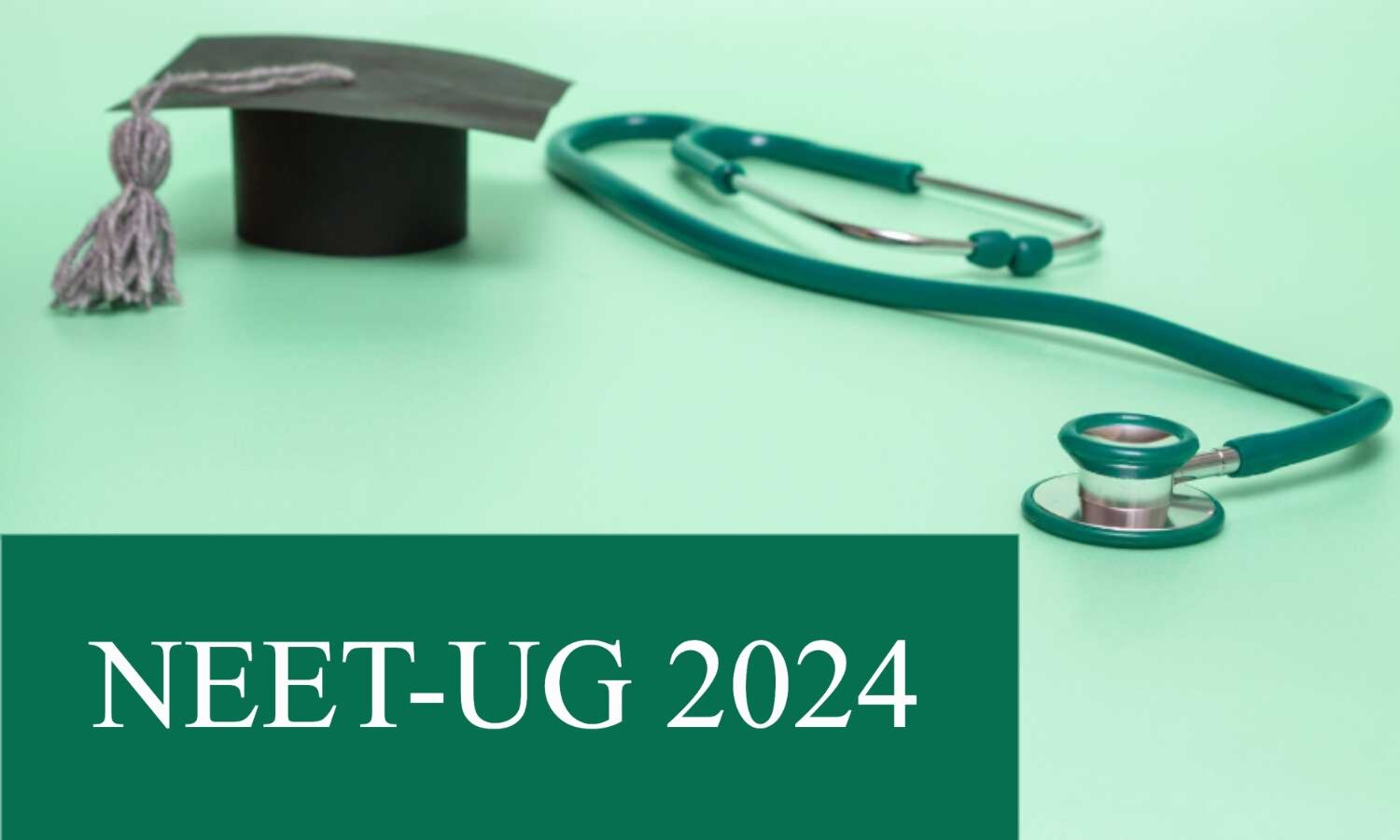NEET-UG Reform Recommendations : The National Eligibility cum Entrance Test for Undergraduate (NEET-UG) serves as a critical gateway for aspiring medical students in India, determining their eligibility for admission into various undergraduate medical programs. Since its inception, NEET-UG has played a pivotal role in streamlining the admission process across the nation, ensuring that a standard evaluation mechanism is upheld. However, in recent years, the examination has faced scrutiny due to various challenges, prompting a need for comprehensive reform.
To address these issues, the government constituted an expert panel tasked with reviewing the NEET-UG framework. This panel comprised educational and medical professionals with extensive experience in the field, aiming to identify gaps within the existing system. Their mandate was to scrutinize the examination process, the selection criteria, and the overall implications for students pursuing a career in medicine. Through collaborative efforts, the panel sought to develop recommendations that could enhance the integrity and effectiveness of NEET-UG.
Among the pressing concerns motivating the need for reform were the rising instances of stress and anxiety among students, coupled with discrepancies reported during the examination and evaluation processes. Additionally, the panel recognized the need to adapt to the evolving educational landscape, ensuring that NEET-UG remains relevant and equitable for all candidates. As part of their exhaustive review, the expert panel also considered feedback from stakeholders, including students, educators, and medical institutions.
The recommendations provided by the expert panel encompass a range of changes designed to enhance the NEET-UG experience. By addressing both logistical and substantial concerns, the panel aims to create a more transparent and student-friendly examination framework that promotes fair access to medical education in India. These proposed reforms are expected to play a significant role in shaping the future of medical admissions in the country.
Key Recommendations from the Expert Panel :NEET-UG Reform Recommendations
The expert panel on NEET-UG reform has outlined several critical recommendations aimed at enhancing the integrity and transparency of the examination process. One of the primary suggestions involves the introduction of new examination formats. These formats are designed to assess a broader range of competencies among candidates, moving beyond rote memorization to evaluate analytical thinking, problem-solving abilities, and practical application of knowledge. This paradigm shift is expected to elevate the examination to a more holistic evaluation tool, catering to the diverse skill sets required in the medical field.
Adjustments in the syllabus content are another focal point of the expert panel’s recommendations. By aligning the syllabus more closely with contemporary medical education practices and emerging healthcare realities, the panel aims to ensure that candidates are well-prepared for both the entrance examination and their future professional roles. The incorporation of interdisciplinary topics and an emphasis on relevant case studies are among the proposed changes. These modifications are intended to provide a more balanced and comprehensive educational foundation for aspiring medical professionals.
Furthermore, the panel recommends enhancements in the selection process to cultivate a more equitable environment for all candidates. This includes the implementation of transparent scoring methods and the establishment of clear criteria for evaluation. By fostering a fair assessment landscape, these changes aim to diminish biases and ensure that all candidates have an equal opportunity to succeed. The Centre’s commitment to these reforms underscores its dedication to improving NEET-UG, with the ultimate goal of ensuring that the best and brightest candidates can pursue careers in medicine, thus uplifting the standards of healthcare in the country.
Government’s Response and Implementation Strategy
The government has expressed a responsive and decisive commitment to implementing the expert panel’s recommendations regarding NEET-UG reforms. Recognizing the importance of enhancing the national eligibility-cum-entrance test for undergraduate medical education, the authorities aim to initiate actions that promise not only to refine academic standards but also to address various concerns identified in the existing framework. This approach underscores the government’s commitment to assure stakeholders of a transparent and diligent reform trajectory.
To ensure timely execution of these reforms, the government has established a comprehensive implementation strategy delineating clear timelines. These timelines are expected to be structured in phases, enabling gradual adjustments and assessments at each step. Initial actions are anticipated to commence within the next academic year, targeting pivotal areas such as syllabus updates, examination protocols, and evaluation methods. Such a strategic plan has been designed to facilitate continual improvement while accommodating necessary feedback from educators, healthcare professionals, and student representatives.
Crucially, the government acknowledges the importance of stakeholder involvement in this reform process. Engagement sessions with medical colleges, faculty, and student organizations are being organized to gather input and foster collaboration. Stakeholders are envisioned to play a crucial role in shaping the practical aspects of the implementation strategy, ensuring that reforms are relevant and effective in addressing the challenges faced by the NEET-UG framework.
Furthermore, oversight mechanisms are to be instituted to monitor the implementation process. This includes establishing committees dedicated to assessing reform progress and identifying obstacles. It is acknowledged that potential hurdles, such as resistance to change and logistical concerns, may arise; however, proactive measures are being discussed to mitigate these challenges. Overall, the government’s strategic outlook hopes to realize a transformative and student-centered educational environment within the medical admission landscape.
Impact of the Reforms on Students and the Medical Education System
The recent commitment by the Centre to implement the Expert Panel’s NEET-UG reform recommendations is poised to have significant repercussions for both students seeking medical education and the larger medical education framework in India. These reforms are designed to enhance the examination experience, making it more accessible and equitable for all candidates, regardless of their background. One of the central tenets of the reform is the introduction of a more streamlined examination process. This aims to reduce excessive pressure on students, thereby alleviating the stress commonly associated with the NEET-UG exam.
Furthermore, the reforms promise to expand access to quality medical education. By addressing the structural inequities that previously disadvantaged students from underrepresented communities, the changes could lead to a more diverse pool of candidates entering the medical field. This shift is crucial for creating a workforce that mirrors the diverse population of India, potentially enriching the medical profession with varying perspectives and experiences. In a broader context, improving access to medical training can contribute to enhancing the overall quality of healthcare services provided within the country.
The anticipated long-term effects of these reforms extend beyond immediate access and stress reduction. As aspiring medical professionals engage in a more balanced examination process, the focus may shift towards fostering skills and critical thinking, rather than rote memorization. This emphasis on comprehensive understanding could lead to the emergence of future healthcare providers who are more adept and compassionate, ultimately benefiting the healthcare system at large.
As these reforms are implemented, monitoring their outcomes will be essential. The success of the changes hinges on active feedback from stakeholders and continuous adjustments to respond to the evolving landscape of medical education. The reforms signify a crucial step towards aligning India’s medical training with contemporary educational standards and societal needs.





